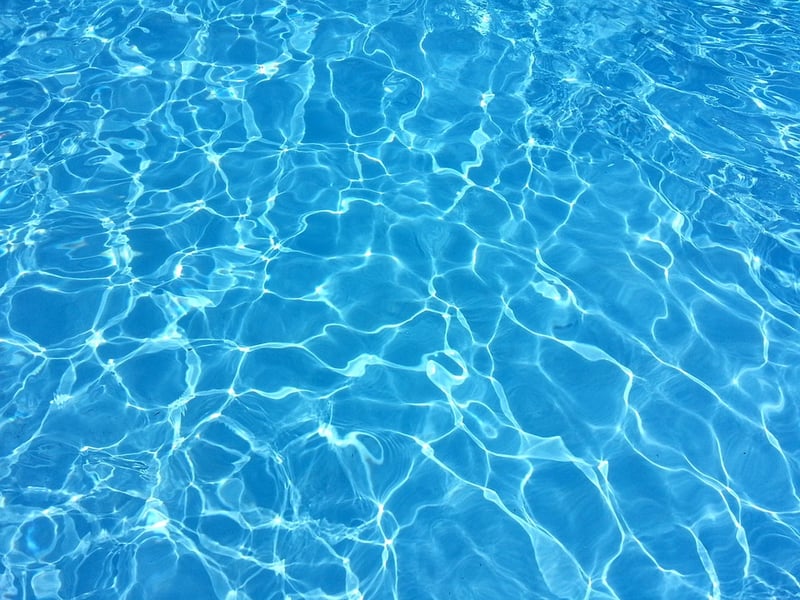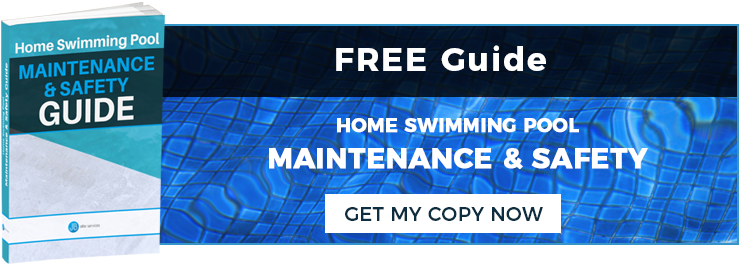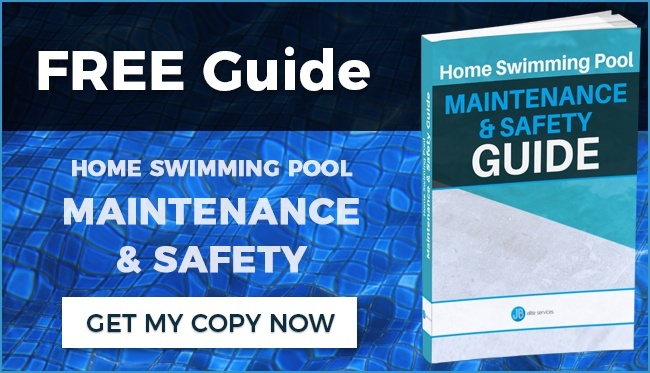
In this increasingly chemicals conscious age, pool owners sometimes ask us if it’s possible to reduce or even eliminate the use of substances such as chlorine. It is certainly possible, as long as you realise that there is a little more daily and weekly maintenance required. First, it’s important to understand why we need those chemicals in the first place and what exactly it is that they do.
What Do The Government Regulations Say?
There are no regulations governing what chemicals may or may not be added to the water in either public or private swimming pools. It is up to each one of us to act as we see fit as regards what we add. This is one reason why it is always advisable to consult with professional swimming pool personnel, such as ourselves at JB Elite. Unfortunately, ignorance of the consequences may result in creating a health hazard and in shortening the life of your pool equipment. Everybody knows the smell of chlorine and probably realises that it is a sanitiser but how many know the importance of the correct Ph balance, or even what that is?
What Functions Do The Popular Swimming Pool Chemicals Perform?
These chemicals are grouped by the function they perform:
- Sanitiser - Chlorine, or its common substitutes, is essentially a disinfectant that kills bacteria in the water that could be harmful. It does have some less than pleasant side effects including its distinctive and unpleasant smell and it can fade the fabric of your swimming costume if the levels are too high. It also causes some people to react with itchy skin and/or sore eyes. However, used at the extremely low strengths that are recommended, it is perfectly harmless. When it's added, chlorine acts in two ways: one is it kills bacteria practically immediately and the second is remaining active to kill bacteria that may be introduced by new bathers.
- Algaecide - These act together with the sanitiser to keep algae at bay. These act almost as a backup to the chlorine or whatever sanitiser you decided to use. Neglected or extreme algae levels require professional cleaning to remove completely.
- Clarifiers and flocculants - Some particles are simply too small to be trapped by the filter and chemical clarifiers cause them to lump together into larger particles that the filter will trap. They are called clarifiers because the water looks crystal clean compared with beforehand. Flocculants act differently. They cause particulates to fall to the bottom where they must be vacuumed out on a frequent basis.
Replacing Those Chemicals Effectively And Safely
This really does require professional guidance rather than depending solely on information you can find on the Internet. At one extreme, old fashioned natural pools with sandy bed filters, reeds and things worked fantastically well to deliver a clean freshwater swimming experience with no chemicals. But that takes work to achieve and is a far cry from a suburban back garden outdoor pool as we know it.
Yes, there are alternative substances and processes that can be used to perform a similar function to chlorine or reduce the level of chlorine used. One, for example, is ultra violet light. Pool water is passed through a filter and then a glass tube that is surrounded by an ultra violet lamp. The UV light rearranges the DNA of bacteria and pathogens in the water, thus rendering them harmless. The technique is also used to help create pure and safe drinking water.
Contact Us
Contact us to discuss what you would like to achieve in regards to the quality of water in your pool. We also perform all manner of pool maintenance tasks to ensure the safety and wellbeing of your family.









